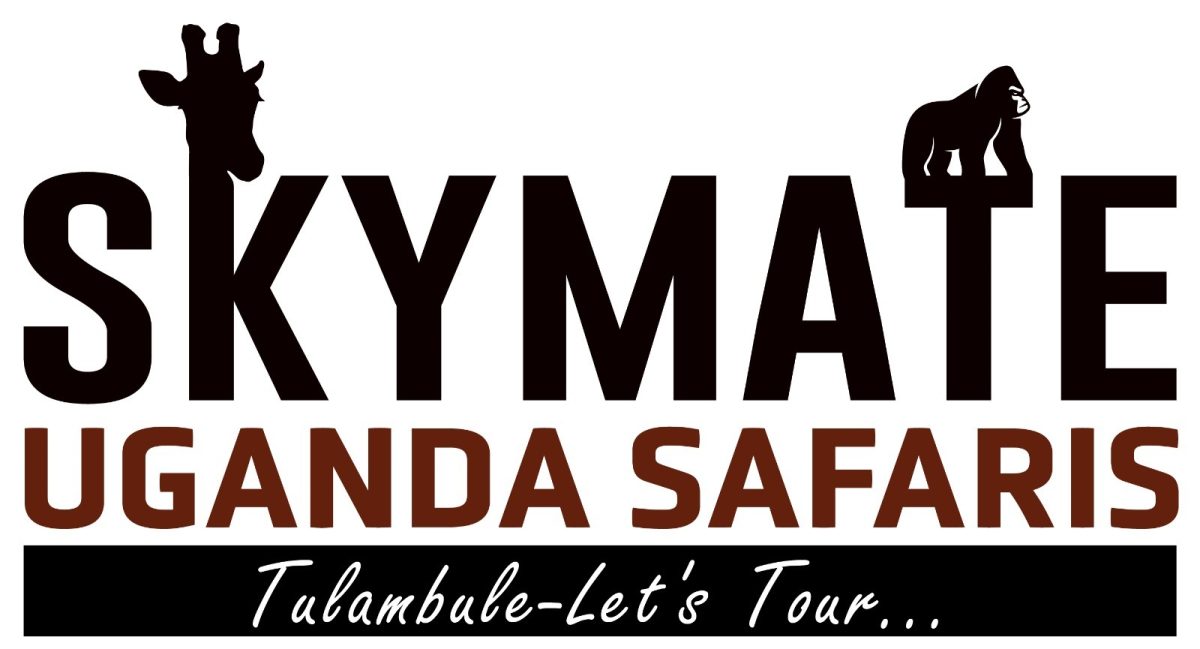The Evolution and Current State of Tourism in Rwanda
Rwanda, often referred to as the “Land of a Thousand Hills,” has undergone a remarkable transformation in its tourism sector. From its early days to the present, Rwanda has become a premier destination for travelers seeking unique experiences. Here’s a detailed look at the evolution and current state of tourism in Rwanda.
Early Beginnings
Tourism in Rwanda began to take shape in the mid-20th century. The country’s stunning landscapes, rich culture, and diverse wildlife started attracting visitors. However, it was the mountain gorillas that truly put Rwanda on the global tourism map. The establishment of Volcanoes National Park in 1925, primarily to protect the mountain gorillas, marked the beginning of wildlife conservation and tourism in the country.
Challenges and Recovery
The 1994 genocide against the Tutsi had a devastating impact on Rwanda, including its tourism sector. The country faced significant challenges in rebuilding its image and infrastructure. However, Rwanda’s resilience and commitment to recovery have been remarkable. By the early 2000s, the government, through the Rwanda Development Board (RDB), began implementing strategies to revive tourism.
Revival and Growth
- 2000s: The focus on gorilla trekking became a cornerstone of Rwanda’s tourism strategy. The conservation efforts in Volcanoes National Park paid off, and gorilla trekking became a major
 attraction, drawing visitors from around the world. The revenue generated from gorilla permits significantly contributed to conservation and community development.
attraction, drawing visitors from around the world. The revenue generated from gorilla permits significantly contributed to conservation and community development. - 2010s: Rwanda diversified its tourism offerings. The introduction of Akagera National Park, known for its Big Five game, and Nyungwe Forest National Park, famous for its canopy walk and primate tracking, expanded the country’s appeal. The government also invested in infrastructure, including the construction of high-end lodges and hotels.
Modern Developments
- Conference Tourism: Rwanda has positioned itself as a hub for conference tourism. The Kigali Convention Centre, opened in 2016, has hosted numerous international conferences, boosting the country’s profile as a business tourism destination.
- Sustainability and Community Involvement: Rwanda’s tourism strategy emphasizes sustainability and community involvement. Initiatives like community-based tourism and eco-tourism ensure that local communities benefit directly from tourism activities. This approach has fostered a sense of ownership and pride among Rwandans.
- Post-COVID-19 Recovery: The COVID-19 pandemic posed significant challenges to the global tourism industry, and Rwanda was no exception. However, the country has shown resilience and adaptability. The RDB implemented measures to ensure the safety of tourists and promote domestic tourism. As a result, Rwanda’s tourism sector is Open to the path of recovery!
Current State of Tourism in Rwanda
Today, Rwanda’s tourism industry is thriving. The country continues to attract tourists with its diverse offerings, from gorilla trekking in Volcanoes National Park to game drives in Akagera National Park and canopy walks in Nyungwe Forest National Park. Contact us for your your tailored Rwanda Safari experience, focusing on Rwanda’s Unique Wildlife and cultural heritage.
Rwanda’s commitment to sustainability, community involvement, and high-quality tourism experiences has positioned it as a leading destination in Africa. The country’s strategic focus on conference tourism and its successful hosting of international events further enhance its appeal.
Clearly, Rwanda’s tourism journey is a testament to the country’s resilience and vision. From the early days of wildlife conservation to the modern emphasis on sustainability and community involvement, Rwanda has evolved into a premier destination for travelers. Whether you are interested in gorilla trekking, exploring national parks, or attending international conferences, Rwanda offers a unique and enriching experience.

